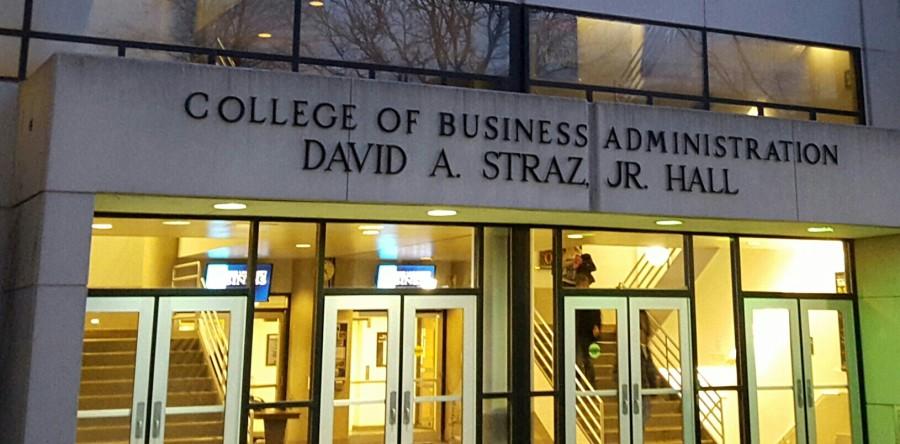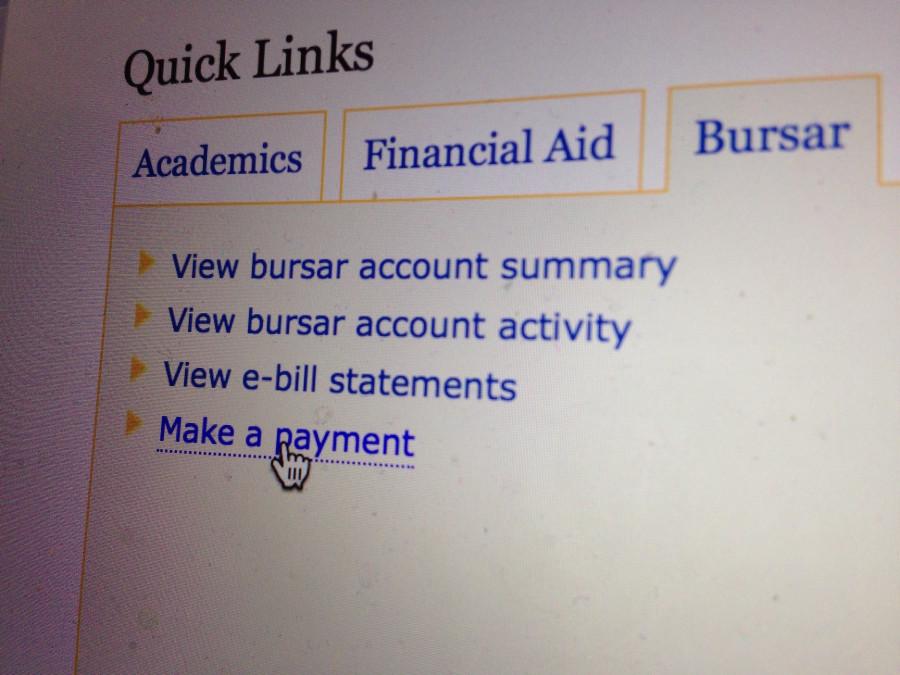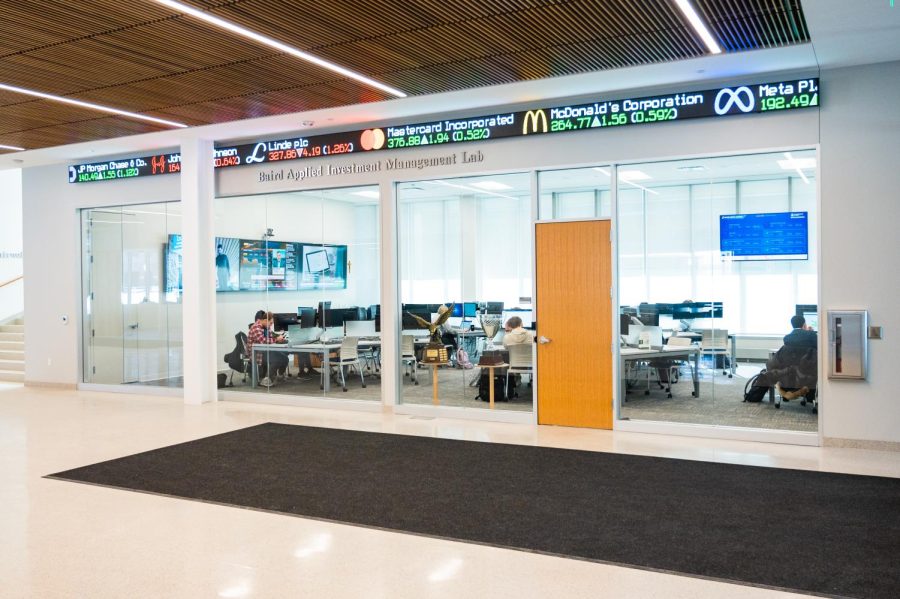The College of Business Administration is developing a new program within its Finance Department to give students the tools necessary to work in local community or larger commercial banks.
“It is not a major, nor a minor,” said Anthony Pennington-Cross, the chair of the Finance Department. “It is a program, and we have hired someone (to head) the program who will be starting next academic year.”
Students will have to apply to be a part of this program, a similar process to the Applied Investment Management program. The program is expected to be selective and remain small as it is considered a specialized program.
“We are hoping to get 20 or 25 students who would apply in the fall and be accepted in the spring,” Pennington-Cross said.
Since the program is still in the initial stages of development, the earliest that interested students will be able to apply is fall 2016, with classes in the program expected to begin spring 2017.
“Anyone who is in the College of Business may apply,” Pennington-Cross said. “However with that being said, it would be easiest for someone with a finance major to complete the program, as it will have some additional credit-hour requirements and it fits most neatly within the finance degree. At the same time, we are not saying it is only for finance majors.”
Kent Belasco has been hired to be the head of the program. An informational pamphlet about the program says Belasco “has over 37 years of banking background experience in a variety of positions and most recently as Executive Vice President and Chief Information & Operations Officer for First Midwest Bank and other organizations including Citibank and Deloitte and Touche.”
“He ran a mid- to smaller-sized bank and has been teaching in a local college around the Chicago area,” Pennington-Cross said. “It’s hard to find someone who has a good banking background and who is a good teacher, so we have a great hire there.”
While Marquette is not the first to consider the creation of a specialized banking program for students, the approach to undergraduate education is something the finance department hopes will help enable students to better meet the demands of the banking industry as a whole.
“There are a fair number of banking programs which are more masters-oriented, but it is relatively unique from the undergraduate perspective. I just really felt that there was an opportunity there for us as well as an unmet demand,” Pennington-Cross said.
While Pennington-Cross said the finance department has been successful in placing students who wish to work in the banking industry in the past, the department worked to increase opportunities to develop partnerships and internship pathways with banks around the area, which are major employers in the industry.
“We will have two required internships and we have been working really hard with banks in the region to setup more directed internship programs where we have a lot of control over what those internships do,” Pennington-Cross said. “We have been talking with Associated Bank and so they have actually named us as a partner with them in the Milwaukee region. We have been looking for a few other partners.”
At this point there are no plans to further specialize the program – but as the program grows, this could change. The program will focus on instilling a broad background in banking. But if the program grows, they may change the program to be more specialized.






